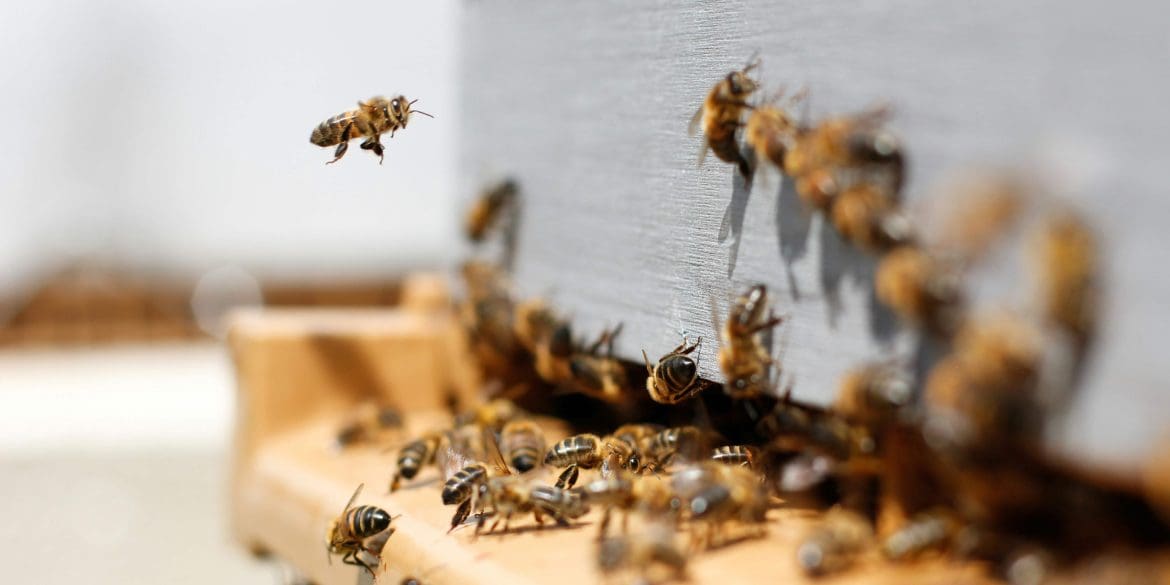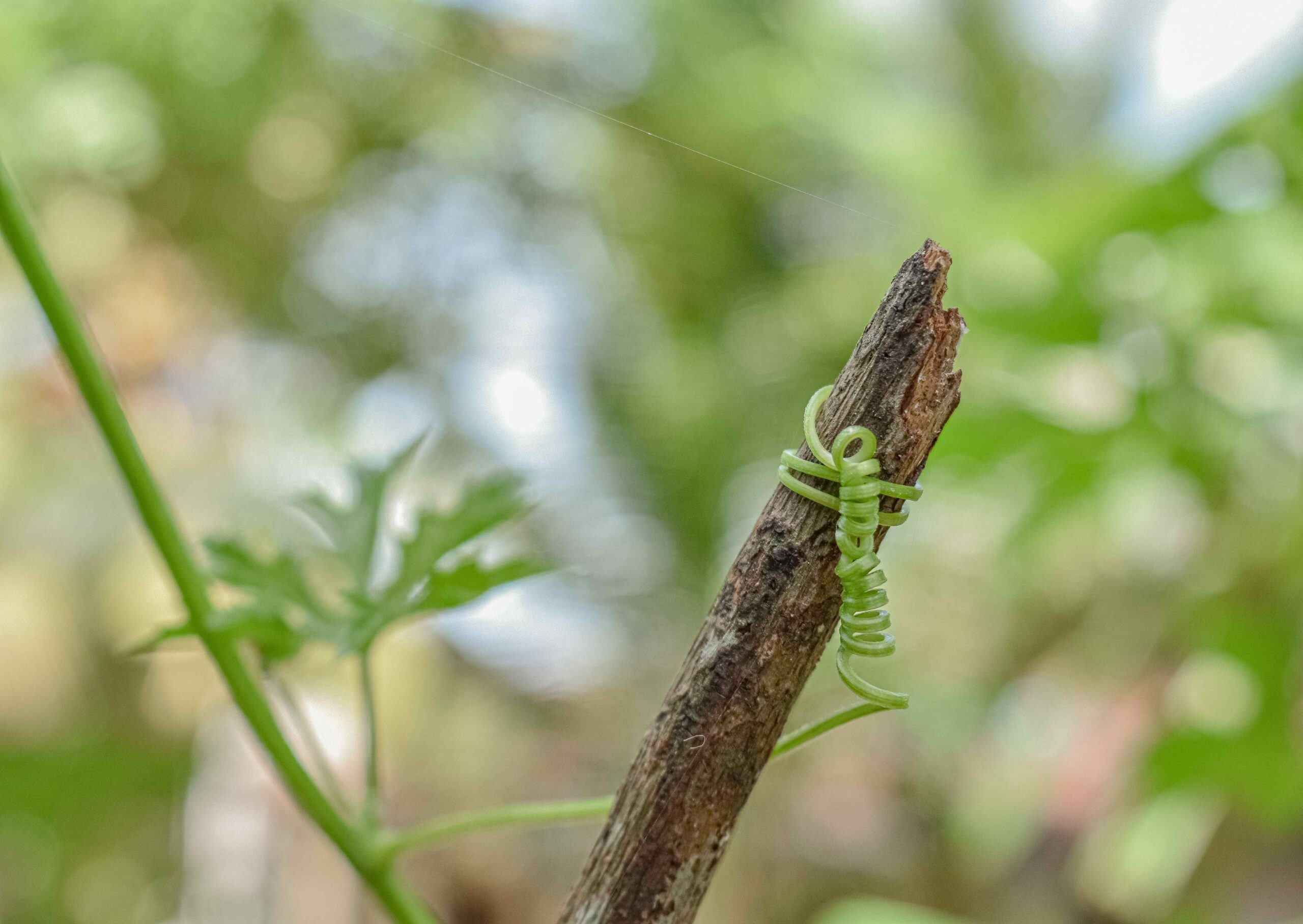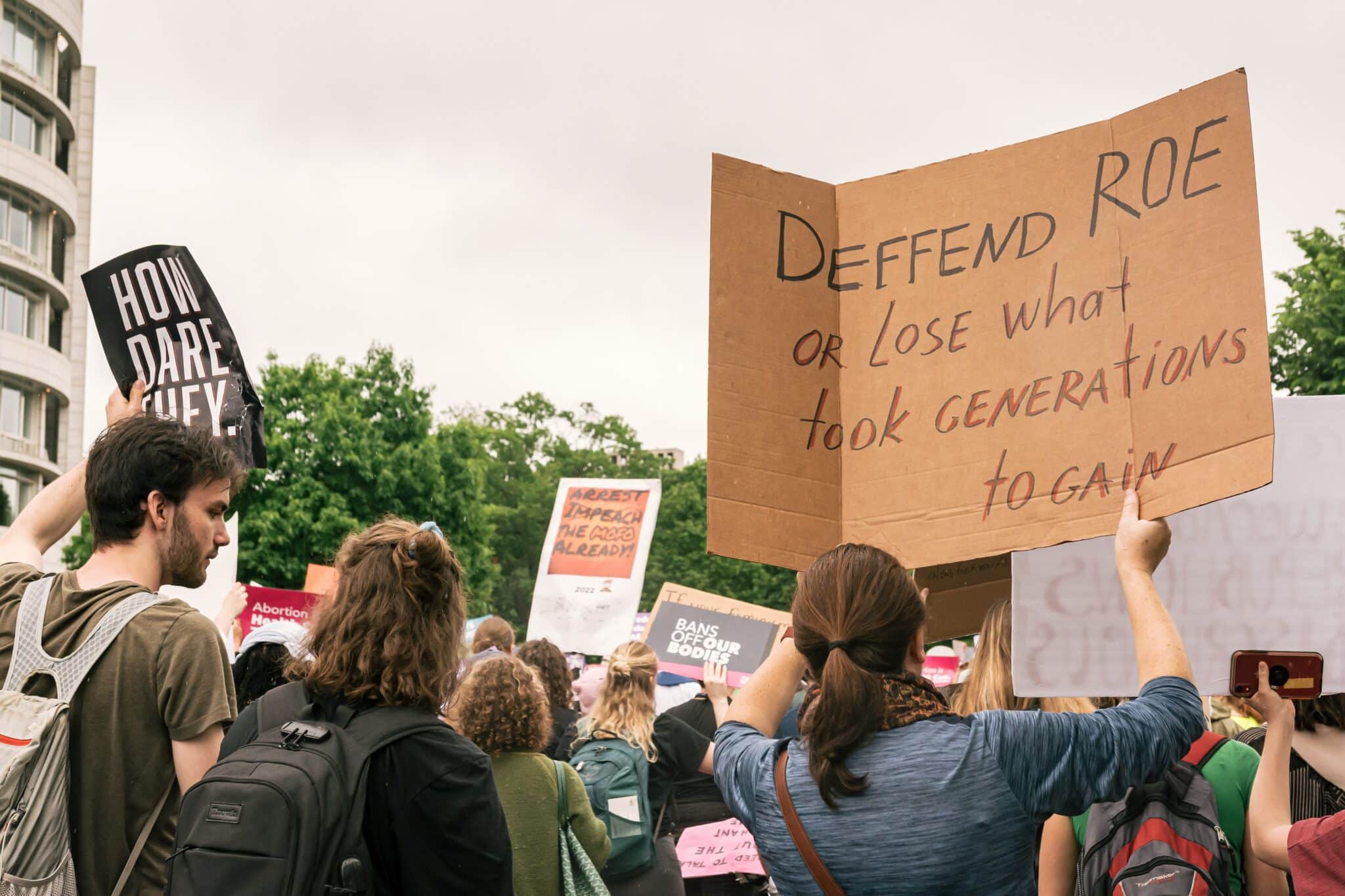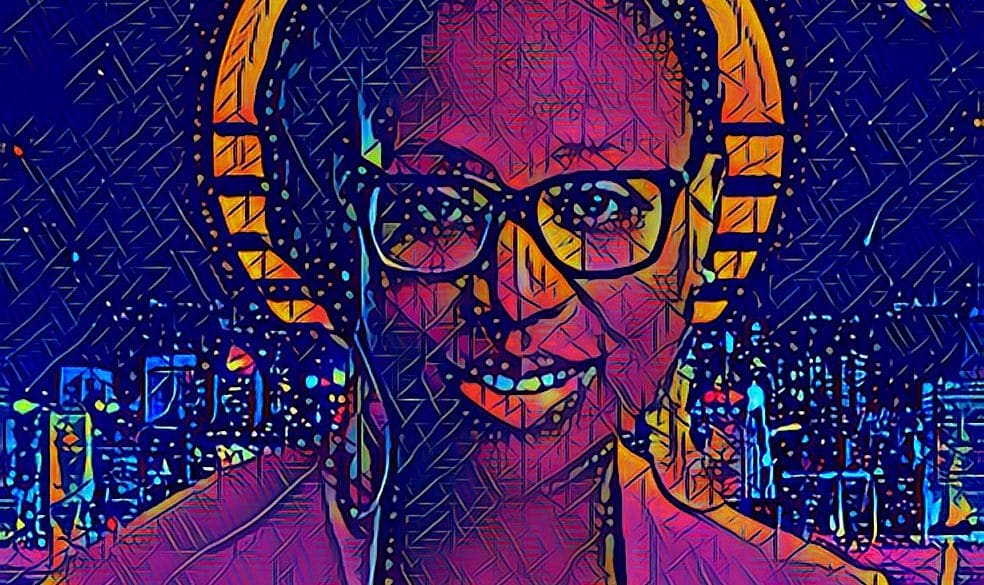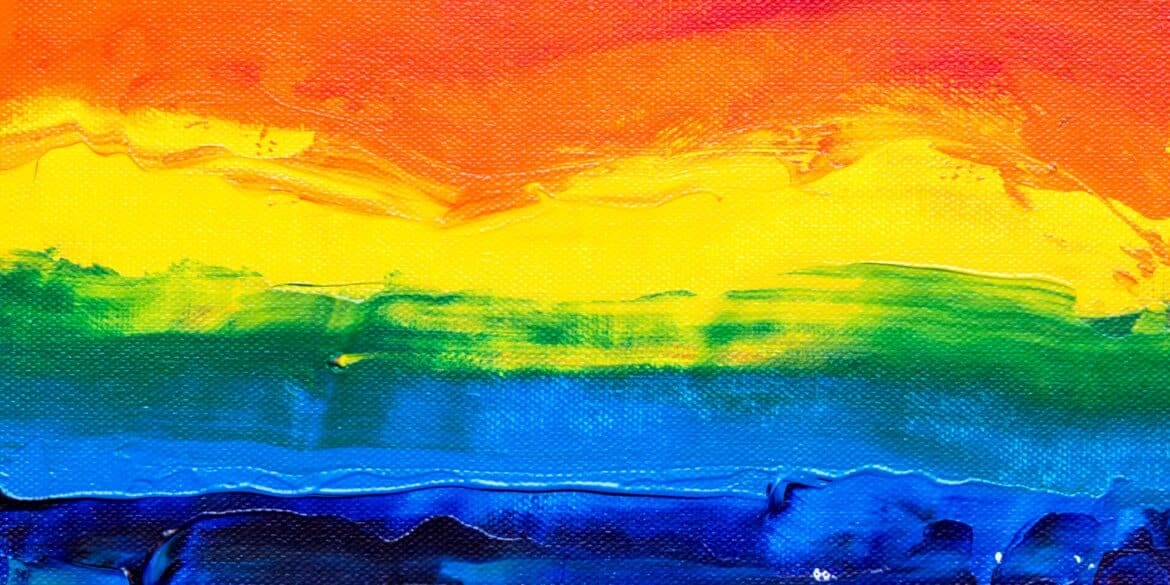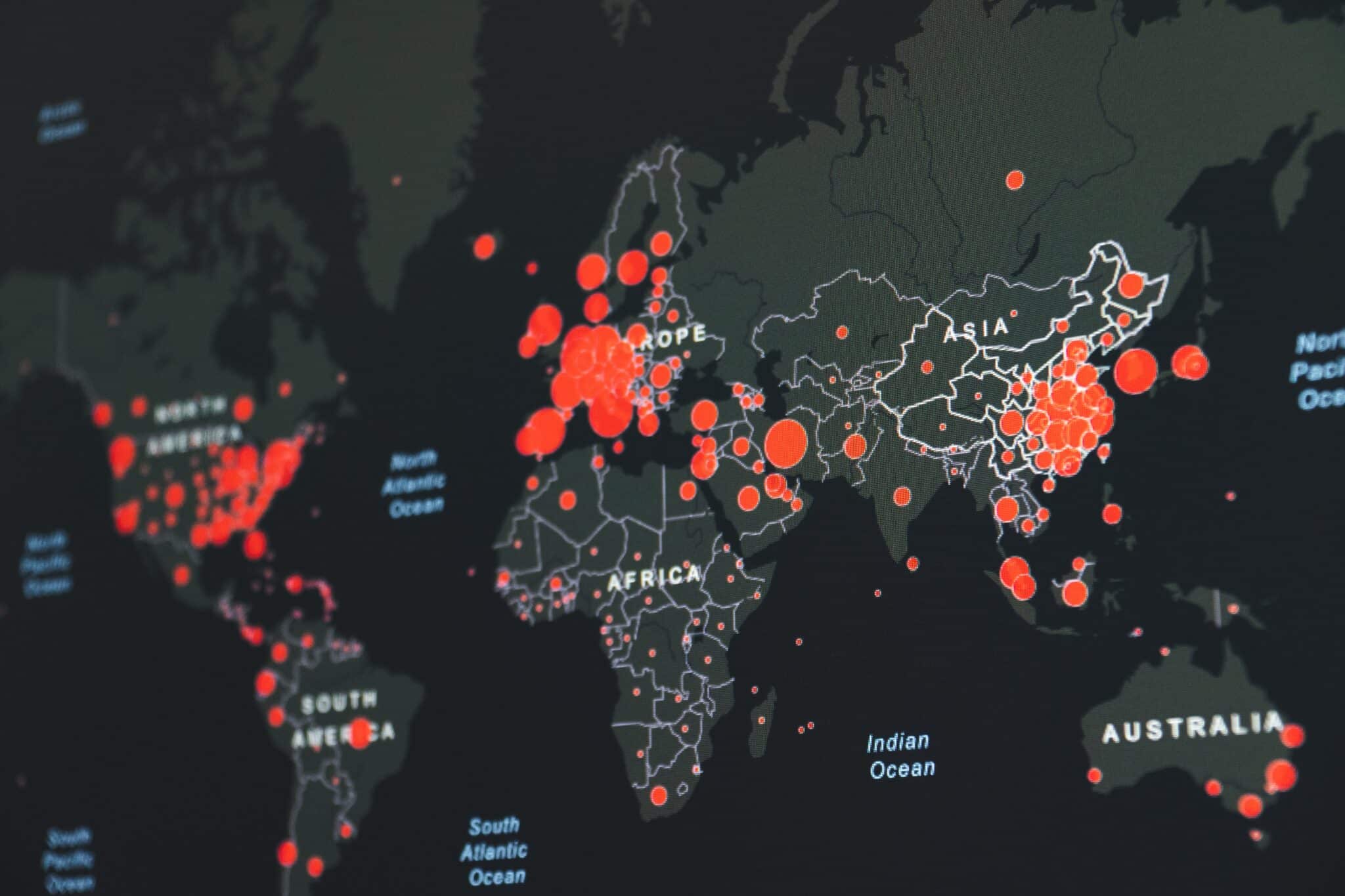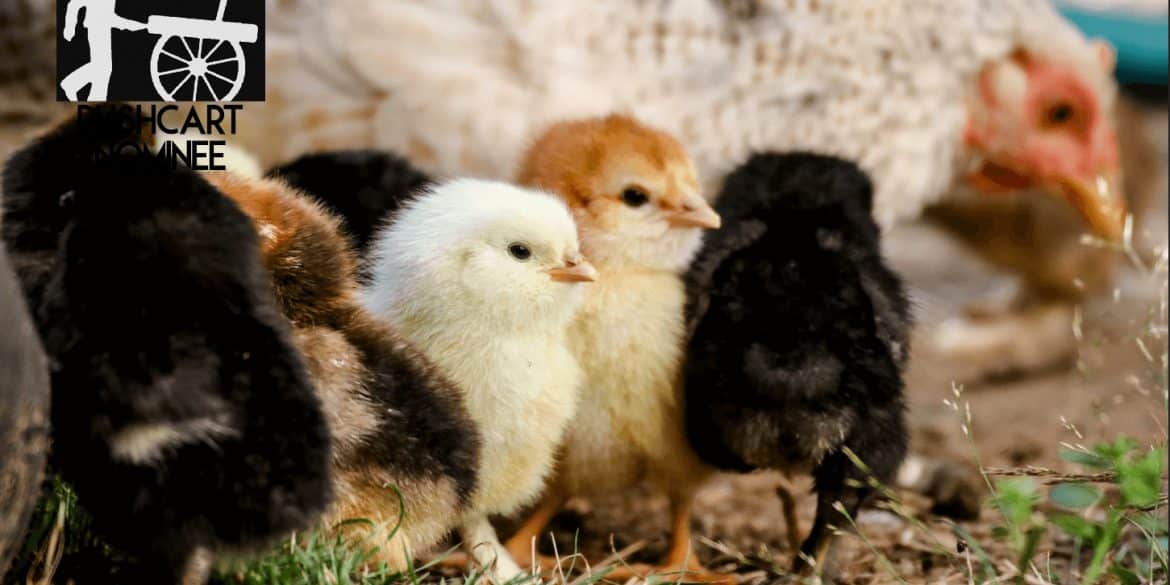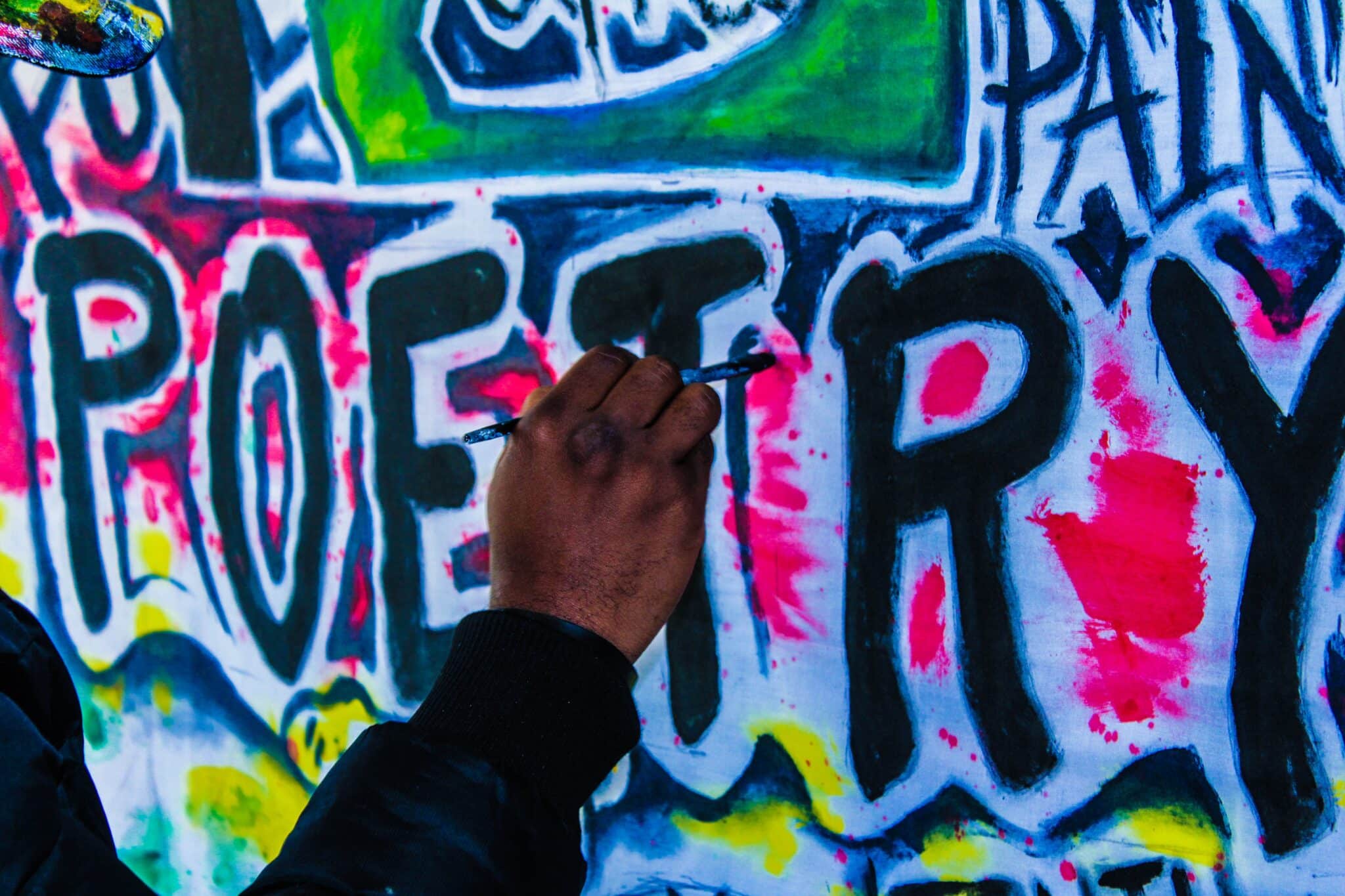Madison, Wisconsin is full of surprises, sometimes entertaining, always enlightening. But I didn’t plan for an abortion protest during a family weekend.
Autoethnographic Writing
Whether short-form or long-form, personal memoir or speculative fiction, The AutoEthnographer seeks to publish your evocative expressions of the cultural made personal.
Catholic Boy Fights the Devil in the Mohawk River Valley is a short story that’s set in upstate New York during World War II. At a time when America was fighting fascist devils abroad, many were struggling with the devil’s influence at home.
The process of seeking pregnancy alone (by necessity, not choice) showed me how limited reproductive rights in the U.S. truly are—even before the recent loss of Roe vs. Wade, that policy that had so shaped my generation’s belief in our bodily autonomy.
"I’m Pinkie, the brash I don’t give a fuck alter ego of Renata Ferdinand. I am emerging from the shadows, and blissfully, with my own column."
"This is an autoethnographic narrative where I use my own marriage to tell a story about love, bodily autonomy, acceptance and illness."
Odesa addresses the traumas of struggling immigrants, who face rejection and shunning rather than acceptance and understanding.
Just like Puerto Rican immigrants, animals might land in a complex political landscape where some might welcome them, but some might not.
"Not Forgotten: Another Glimpse into the Funeral Industry" is a new work of flash nonfiction from our columnist Hollace Sheppard.
One Man’s Perspective on Grieving and Death is a narrative representation of death as a universal humanistic theme.
I strived to represent the experience of being a pediatric healthcare worker during COVID.
""Mourning (Unfinished)" is an essay about the way my experiences with farm animals helped me come to terms with a miscarriage."
Ulla-Maija Matikainen·
All ContentAutoethnographic EssaysAutoethnographic PoetryEducationFrom the EditorsMoreVolume 3, Issue 2 (2023)
··4 min read A tsunami of words, images, learned and pushed feelings and thoughts go through us every day. Poetry is a way to find our own voice.


